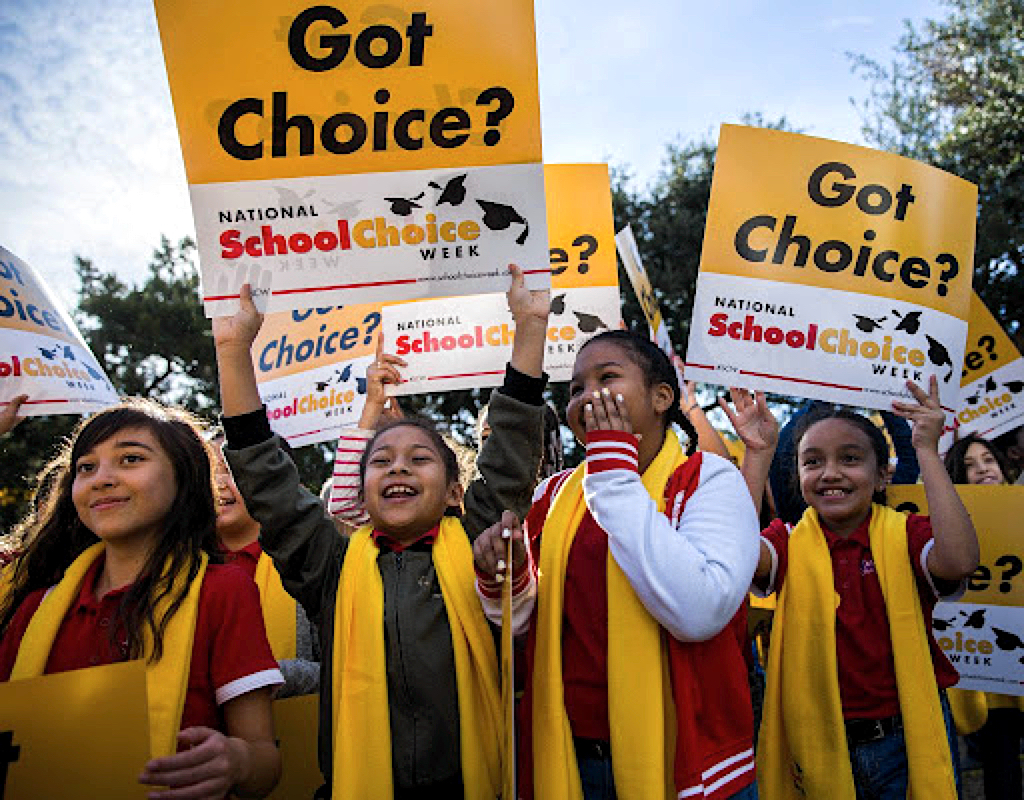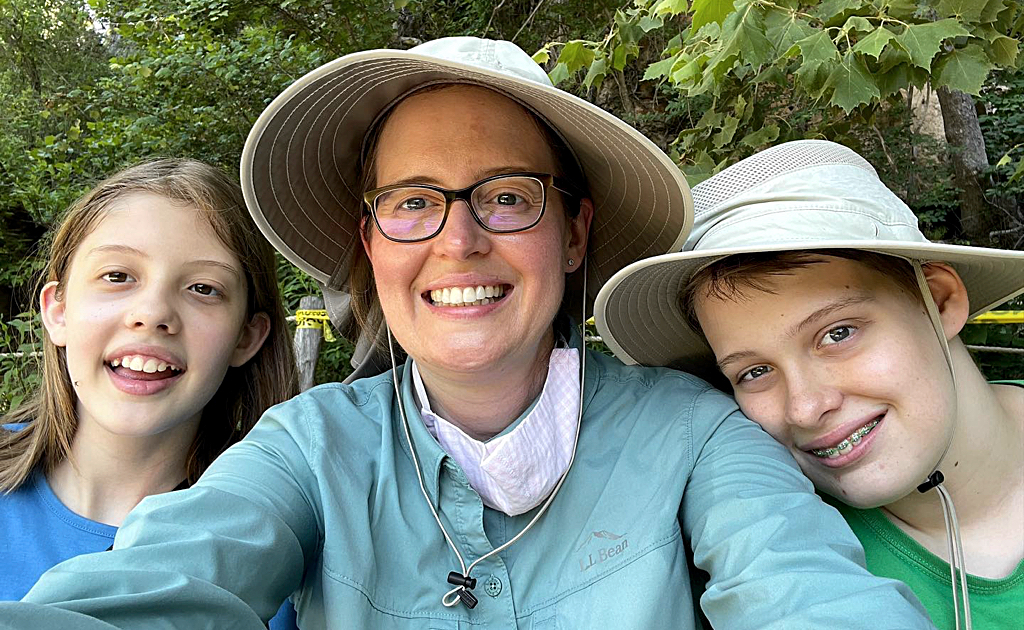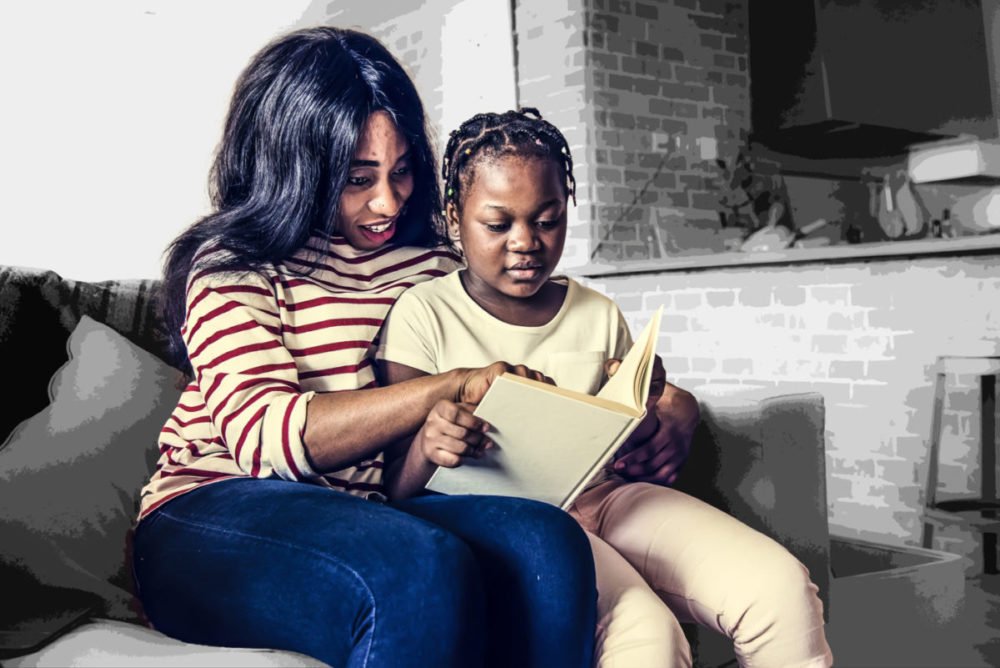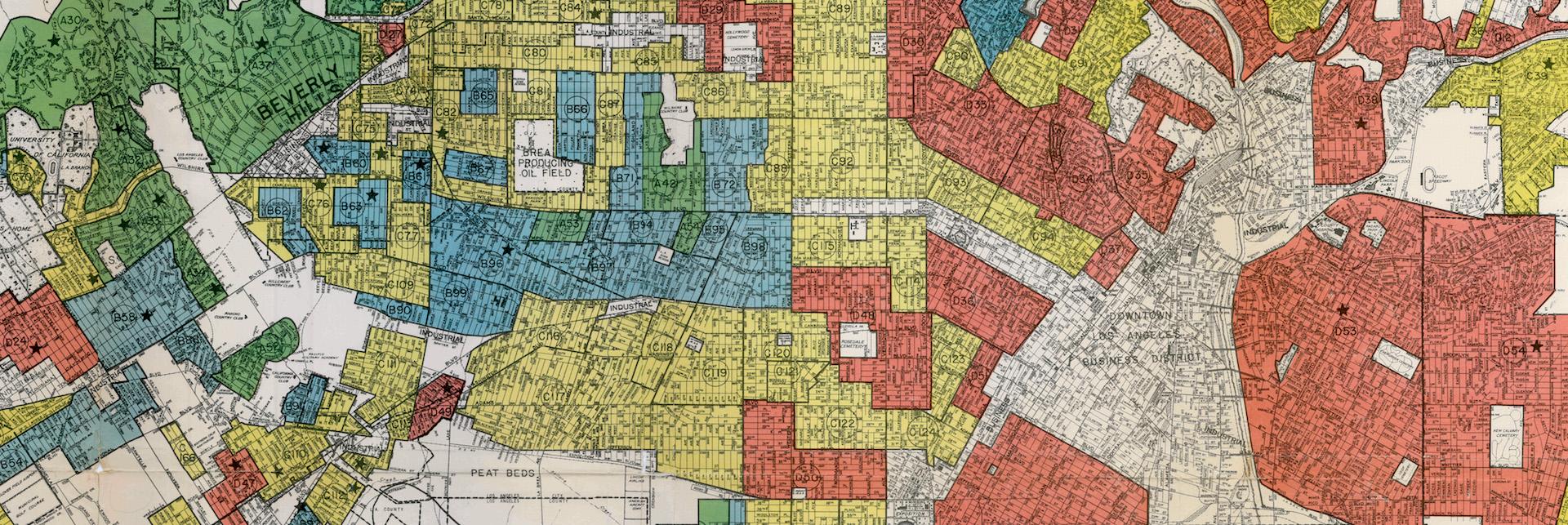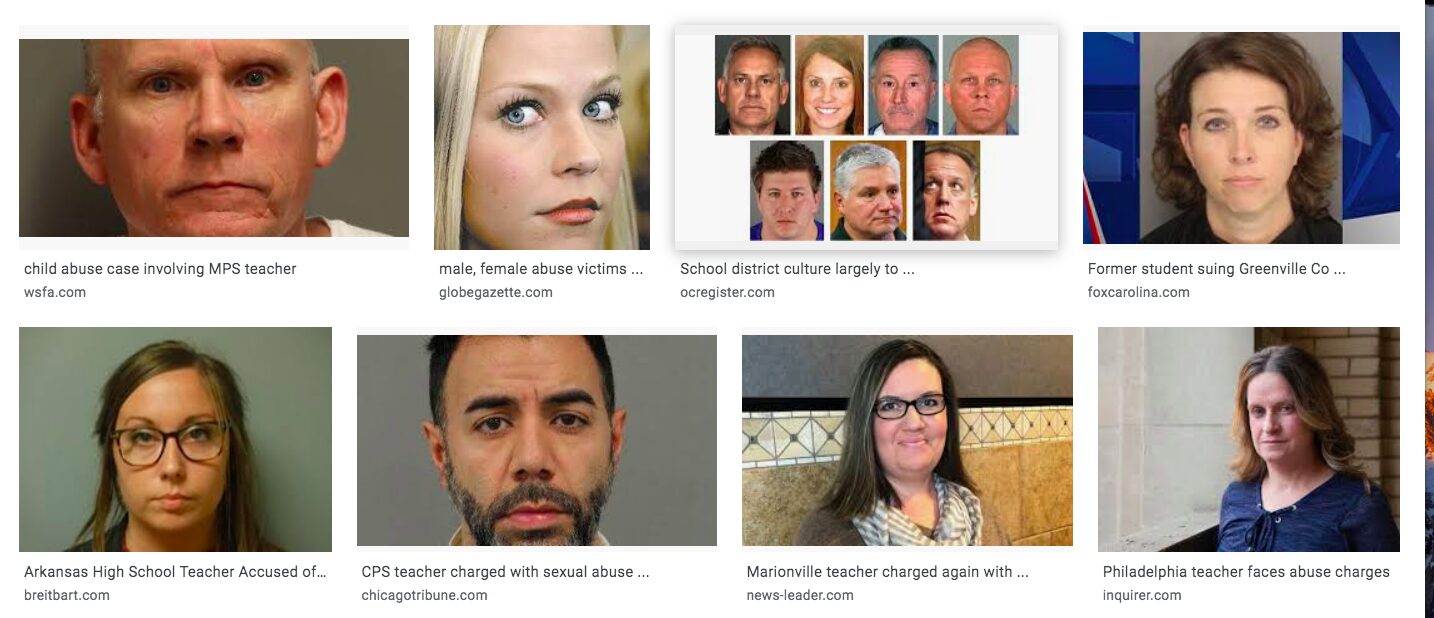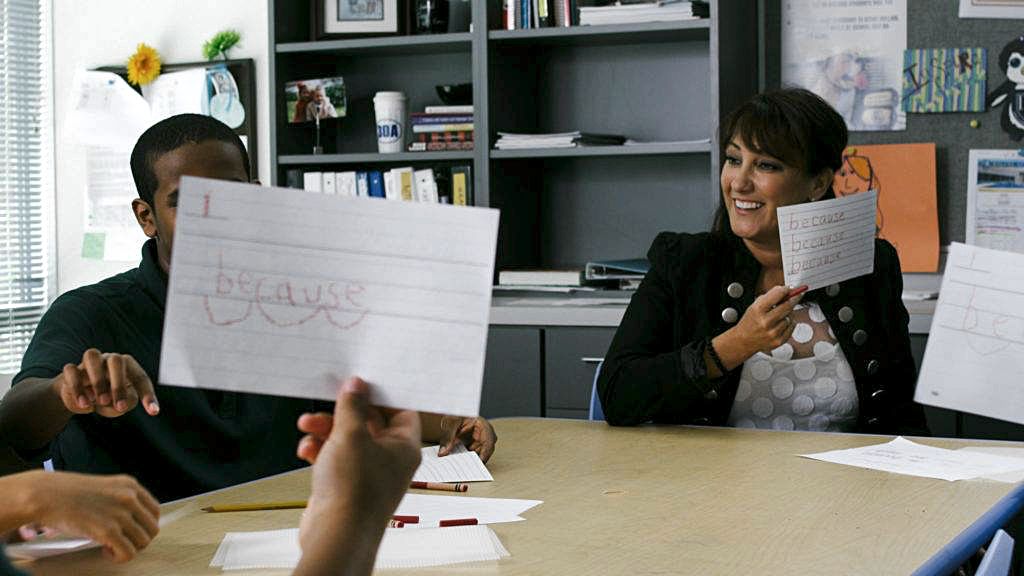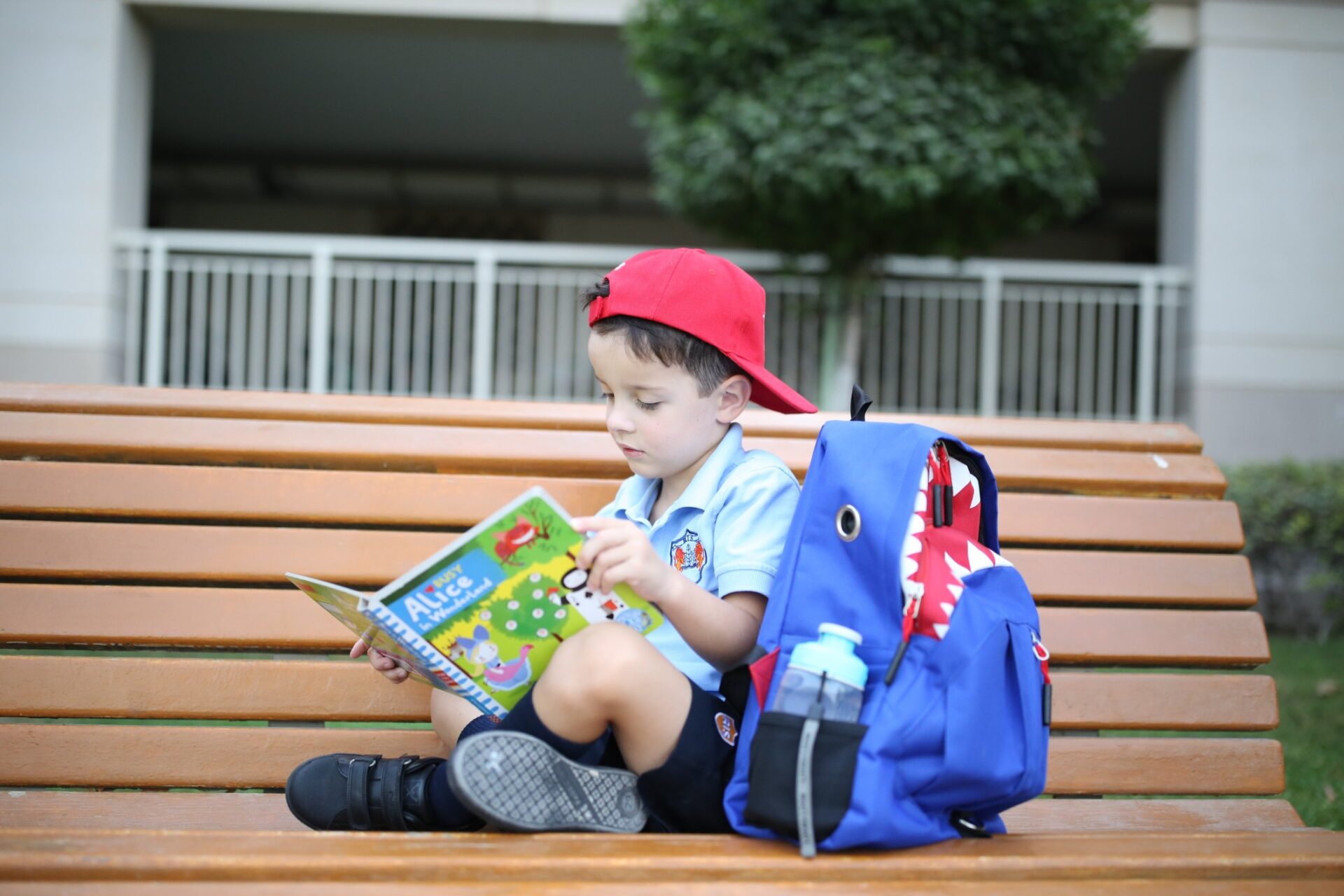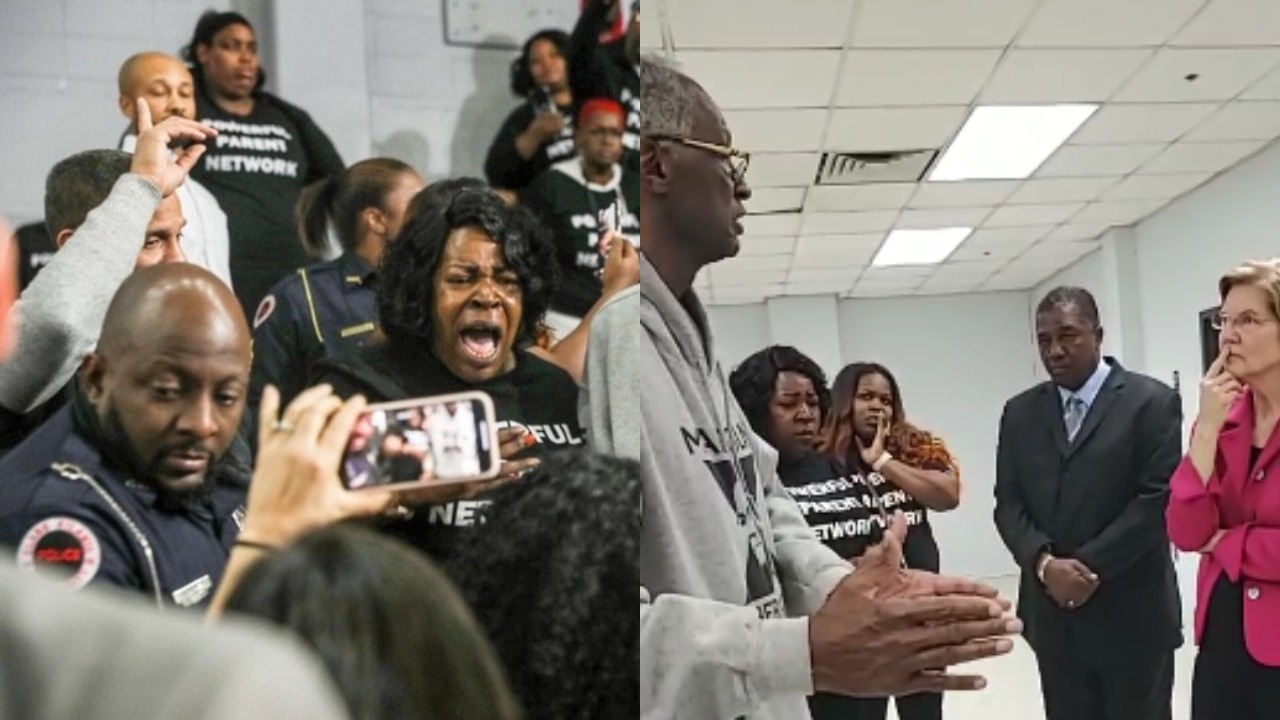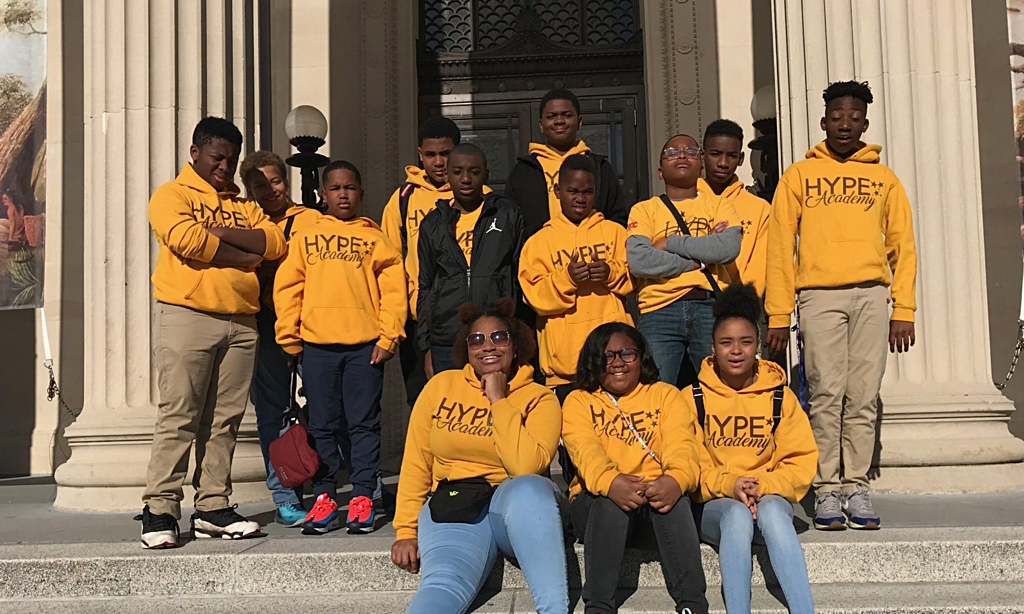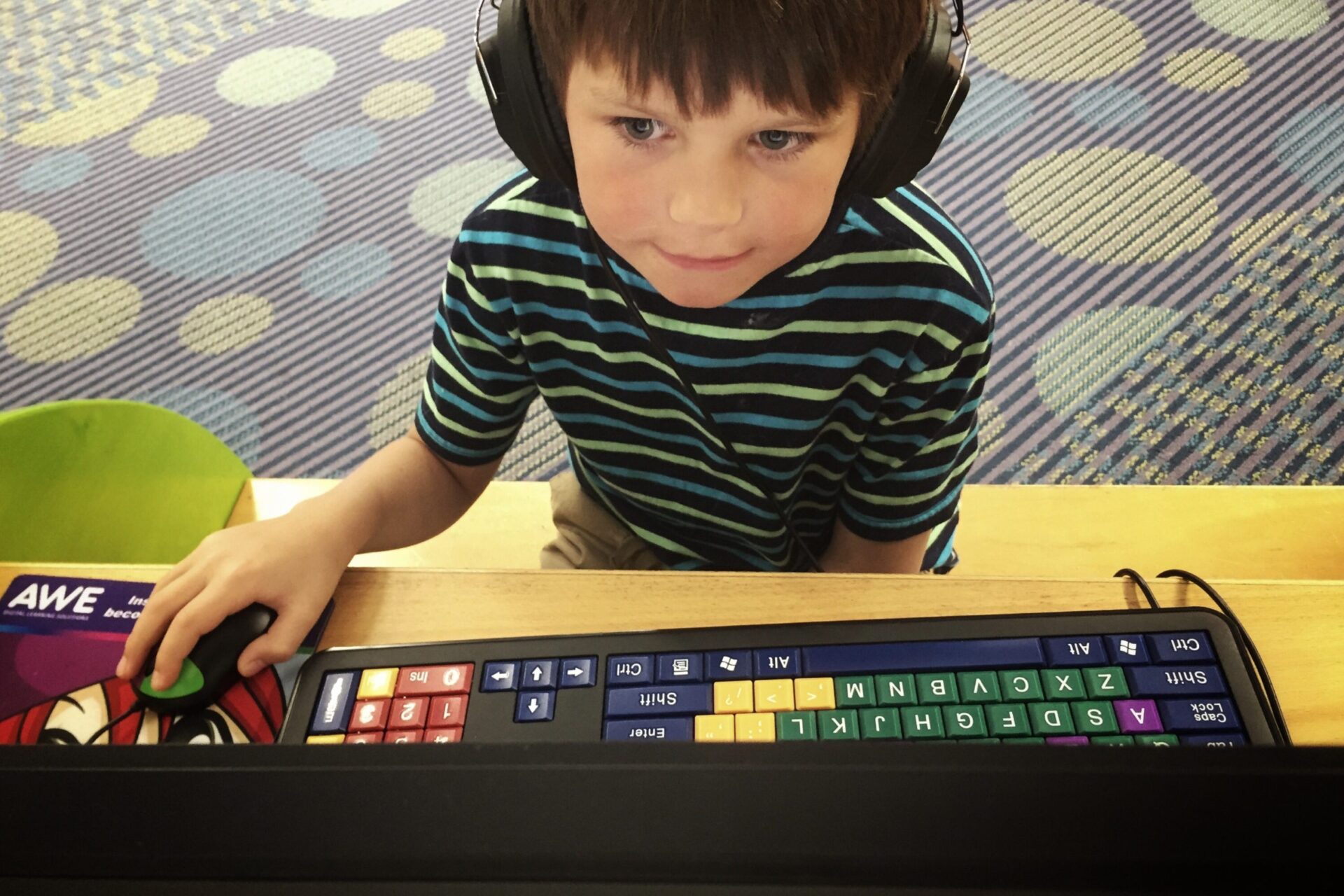
Online Instruction Can (and Does) Work for Students with Disabilities
Education in America came to a virtual standstill after schools were ordered closed in a nationwide effort to contain the spread of the coronavirus. School officials were left scrambling and most parents were in a state of disbelief.
Admirably, the message most families heard was while buildings would be closed, education would continue, somehow. And then a massive shift to distance learning began.
Yet, in several communities the shift stopped as fast as it had started. And some states never allowed it to begin at all. Questions around whether distance learning programs could be equitable, particularly for special needs populations, ground efforts to a halt.
Parents and teachers looked to school district officials for help. In turn, districts looked to state departments of education for direction, and states looked to the federal government for guidance. Everyone seemed paralyzed, and finger pointing ensued.
Hopefully that will now change. Over the weekend the U.S. Department of Education issued new guidance that couldn’t have been clearer:
“As school districts nationwide take necessary steps to protect the health and safety of their students, many are moving to virtual or online education (distance instruction). Some educators, however, have been reluctant to provide any distance instruction because they believe that federal disability law presents insurmountable barriers to remote instruction. This is simply not true. We remind schools they should not opt to close or decline to provide distance instruction, at the expense of students, to address matters pertaining to services for students with disabilities.
To be clear: ensuring compliance with the Individuals with Disabilities Education Act (IDEA), Section 504 of the Rehabilitation Act (Section 504) and Title II of the Americans with Disabilities Act should not prevent any school from offering education programs through distance instruction.”
Good for them.
So the question of can schools provide online instruction is answered. Now what educators and parents may be asking is how to provide online instruction to students with disabilities.
The good news is that it’s been happening in America’s public education system for almost 20 years, though many are not aware. Tens of thousands of students, including those with disabilities, are being educated in full-time online public schools in over 30 states – the only public schools in the U.S. that have not faced significant disruptions. And the educators and parents who work with these students stand ready to help their fellow citizens.
Jenny Kendall is my friend and colleague and she has nearly 20 years of experience delivering special education services to students in online schools. As the senior director for special programs at K12 Inc, she supports teachers and school leaders who together serve more than 15,000 students with disabilities in online public schools across America.
Jenny and the hundreds of special education teachers she works with support students with all types of needs, including autism; speech challenges; cognitive disabilities; physical, social, or emotional needs; vision or hearing impairments; and more. They provide education-related services through small group or individualized online instruction, specialized content delivered virtually, and other related services necessary to meet the goals of each IEP. Every need – mild to severe – met through the online school, and in compliance with federal law.
So accustomed are people to traditional schooling they may intuitively think that special education can’t be done outside the classroom. Online schools show us that’s not the case. In fact, at the online public schools served by K12, eighty-five percent of all related services are delivered virtually. Yes, face-to-face services are sometimes required, but it’s actually less than most might assume. And right now, IEP Teams in online schools across the country are working with families to transition as many related services to a virtual setting or provide compensatory services, if needed.
And when you talk to parents of these students, you’ll often hear them say that instruction and services in an online setting are a better fit for their children.
My point here is not to argue one education model is better than another. It’s to say that special education services can be delivered effectively in an online setting. It’s to give hope to parents and educators who, facing the prospect of long-term school closures, may worry that shifting to online learning creates “insurmountable barriers” for their students.
I’m encouraged to watch as groups organically form in support of student learning during this crisis. Education providers offering free content. Researchers highlighting success stories of charter schools and districts rapidly moving to distance learning. Advocacy organizations sharing resources. Parents helping parents. It’s awesome.
But a uniquely heavy burden falls on the parents of students with disabilities, and the teachers who serve them, who are facing the sudden new reality of learning full-time from home. It’s not easy. I know. I’m one of those parents.
My wife and I went through frustrating times because of my daughter’s learning challenges. We shed a lot of tears. My daughter attends a traditional public school and we rely on the face-to-face supports she receives. She is making good progress on her goals, but we don’t want her to fall back. And my wife and I realize we can’t do this alone. What others may be going through, who face far greater obstacles, I can’t even imagine.
But I take confidence, and others should too, knowing there are thousands of dedicated online school educators, like my friend Jenny, who have been doing this for years. They are on the front lines. They understand what works. Most importantly, they have knowledge and wisdom to share and a sincere desire to help.
We will need their guidance during these difficult times.

